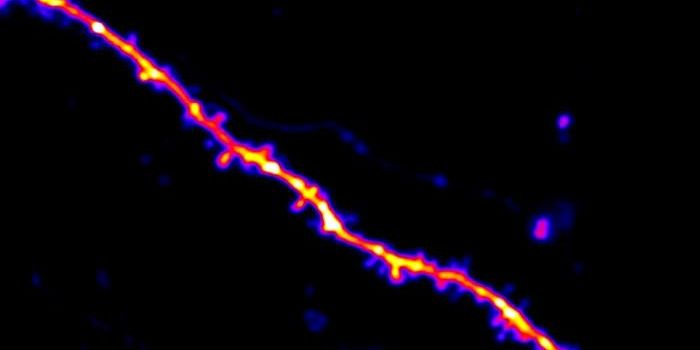Parental Divorce Linked to 61% Higher Stroke Risk
Recent studies show that adverse childhood experiences- ranging from physical or emotional abuse to parental substance abuse and divorce- increase the risk of stroke in adulthood. The more adverse childhood experiences a person has, the higher their risk of negative health outcomes, including stroke. Estimates show that over 60% of American adults have experienced at least one such event in childhood and that 1 in 6 have experienced more than four.
Understanding more about potentially modifiable risk factors for negative health outcomes could inform public policy and healthcare practice. In the current study, researchers investigated the link between parental divorce and stroke among adults without a history of child abuse.
To do so, they analyzed population-based data, including 13,205 adults aged 65 and older who had not experienced physical or sexual abuse as children. Data included self-reports of a physician-made stroke diagnosis and exposure to parental divorce. Overall, 7.3% of respondents reported having had a stroke, and 13.9% reported that their parents had divorced before they reached 18 years old.
After analyzing the data, the researchers found that respondents who experienced parental divorce were 61% more likely to have a stroke than counterparts who did not experience parental divorce. Men and women were similarly affected, although men were 1.47 times more likely to have a stroke than women.
“From a biological embedding perspective, having your parents split up during childhood could lead to sustained high levels of stress hormones. Experiencing this as a child could have lasting influences on the developing brain and a child’s ability to respond to stress,” said senior author of the study, Esme Fuller-Thomson, a Professor at Factor-Inwentash Faculty of Social Work and Director for the Institute of Life Course and Aging at the University of Toronto, in a press release.
“We need to shed light on the mechanisms that may contribute to this association. While these types of survey-based studies cannot establish causality, we are hoping that our consistent findings will inspire others to examine the topic,” she added.
Sources: EurekAlert, PLOS One









